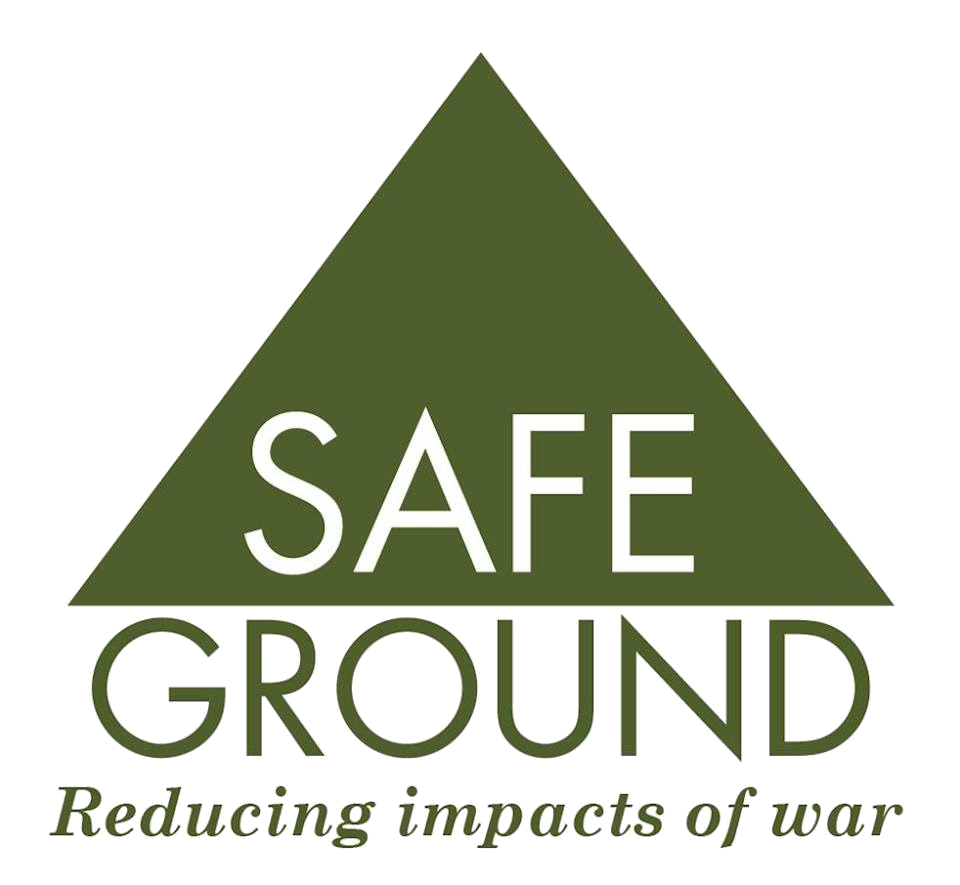On 7 July 2017 the Treaty on the Prohibition of Nuclear Weapons (TPNW) was formally adopted by the UN General Assembly by an overwhelming majority of the world’s governments. This was a testament to the years of advocacy by the International Campaign to Abolish Nuclear Weapons (ICAN) and its partners and was formal international recognition of the catastrophic and long lasting effects of nuclear weapons.
The Australian Government has not joined the treaty and remains resistant to doing so. When ICAN, which was started by a small group of committed people in Melbourne, won the Nobel Peace Prize in 2017, the Australian Government declined to recognise or congratulate this achievement. By contrast, the Governor of Victoria, held a reception for ICAN in July 2018, serving to highlight the disregard of the Australian Government and its unwillingness to engage in genuine, productive moves to rid the world of nuclear weapons.
The Government wishes to remain under the nuclear umbrella of the United States, fondly (and erroneously in my view) believing that they would come to our aid with nuclear weapons if called upon, while simultaneously saying that they are committed to a world free of nuclear weapons. That could be called “wanting to have your cake and eat it too”, and is far from a convincing argument of a strong anti-nuclear position.
Today, the Doomsday Clock stands at 100 minutes to midnight, closer than ever before and highlighting the extreme danger of a nuclear war. Nine countries – China, North Korea, France, India, Israel, Pakistan, Russia, the United Kingdom and the United States – currently possess a total of nearly 14,000 nuclear weapons. Russia and the United States possess roughly 90% of the world’s nuclear weapons, with over 6,000 weapons each.
You can read more detail about this at: https://www.icanw.org/nuclear_arsenals
This is why the Nuclear Weapons treaty is vitally important and why the Australian Government should sign and ratify immediately.
After adoption by the UN, the treaty needed 50 countries to ratify it, before it would enter into force, that is, be legally binding international law for all states parties. That milestone has now been achieved and on 22 January 2021, the treaty entered into force. The chemical weapons, landmine and cluster bomb treaties have all proved that international stigmatisation of a weapon can change the behaviour of even countries which have not joined the treaty.
Australia is now out of step with international law. The government should sign and ratify the treaty and urge its allies, notably the US to do the same. The Leader of the Opposition, Anthony Albanese MP, and Shadow Foreign Minister, Senator Penny Wong, issued a press release on Sunday 25th October, welcoming the 50th ratification and reaffirming Labor’s commitment to joining the treaty in government.
For more on the TPNW and events around the Entry into Force see https://icanw.org.au.
Lorel was with SafeGround for 20 years and National Coordinator for 10. She now volunteers with a number of peace and social justice organisations.

Recent Comments